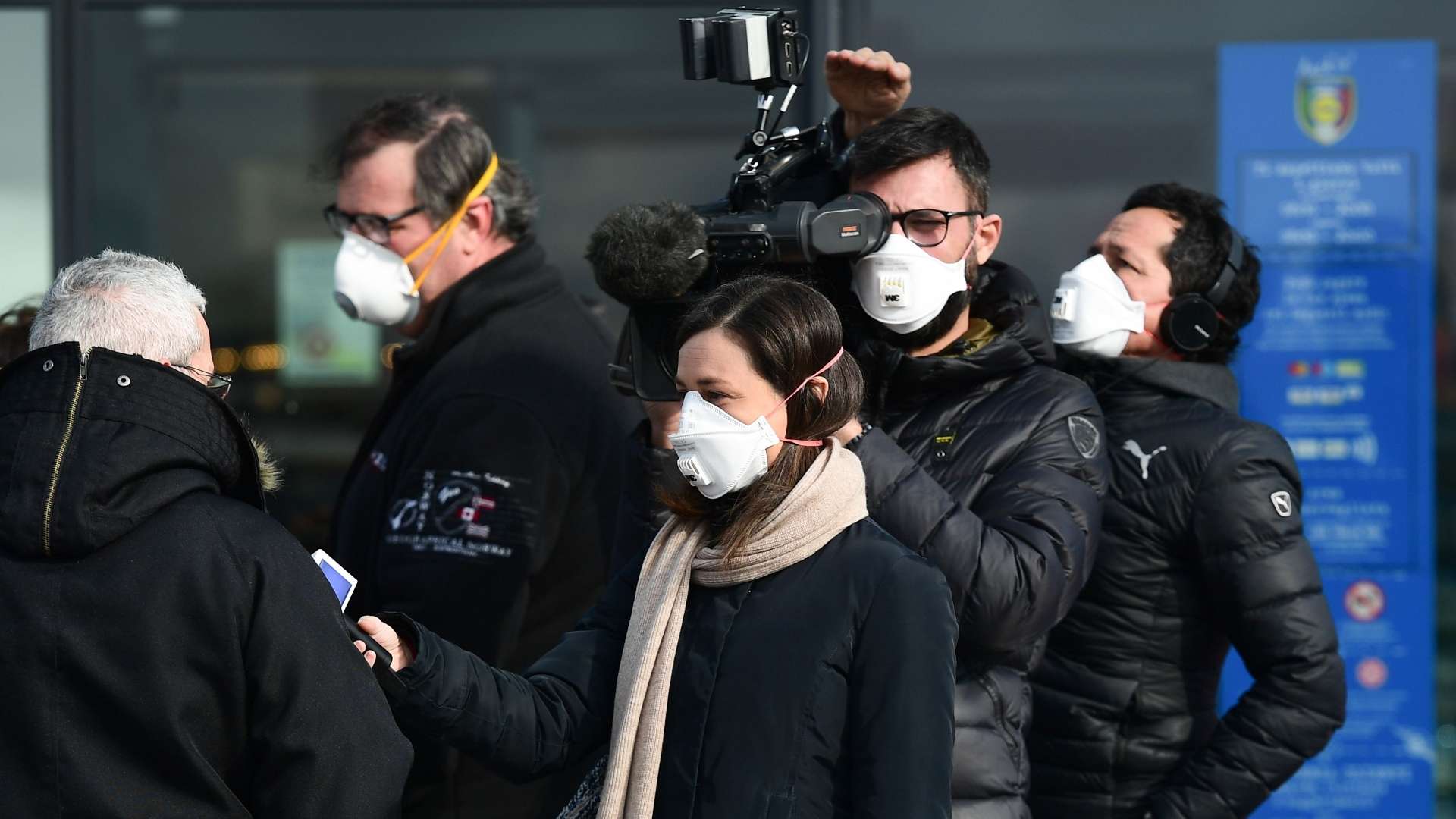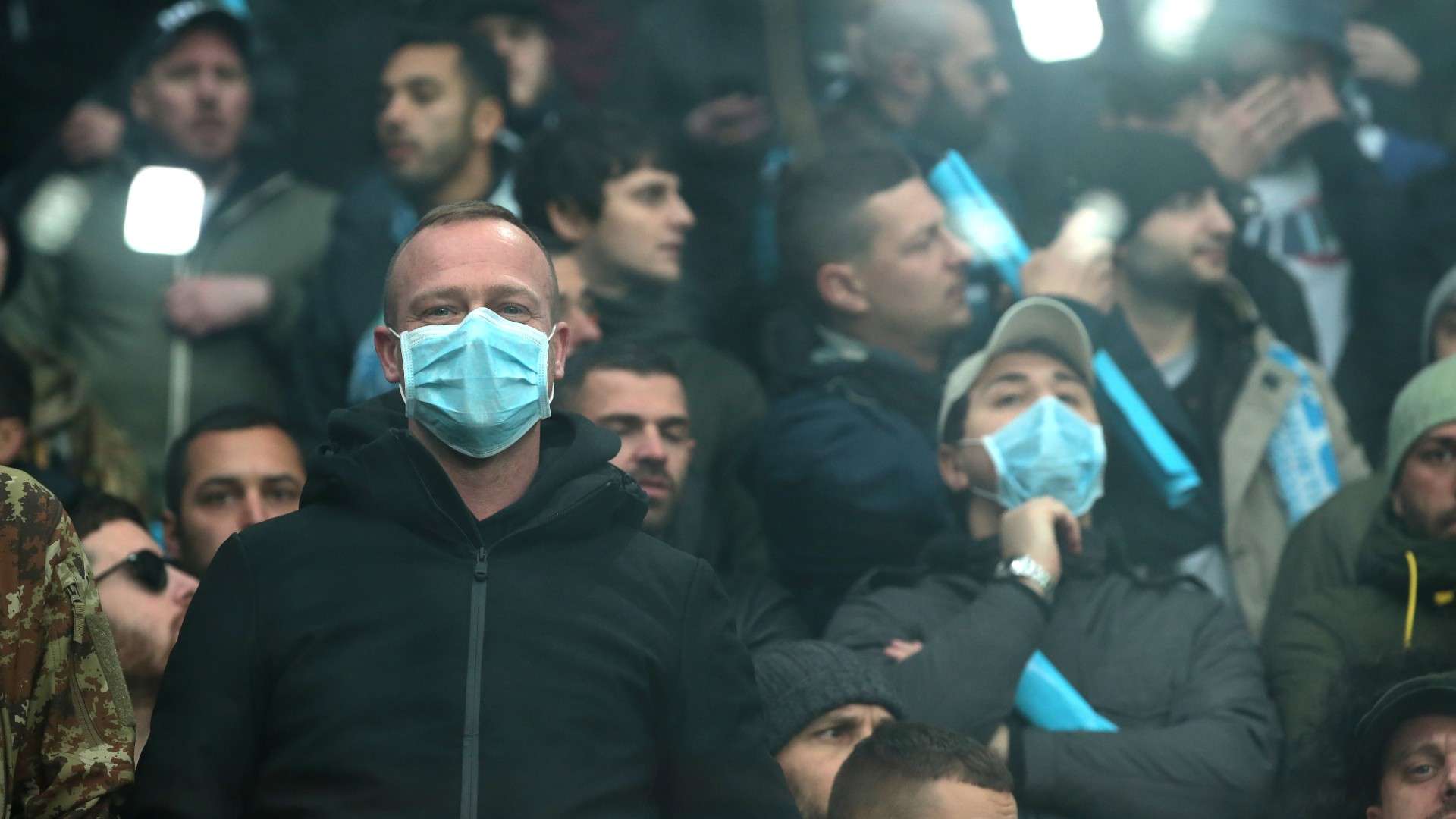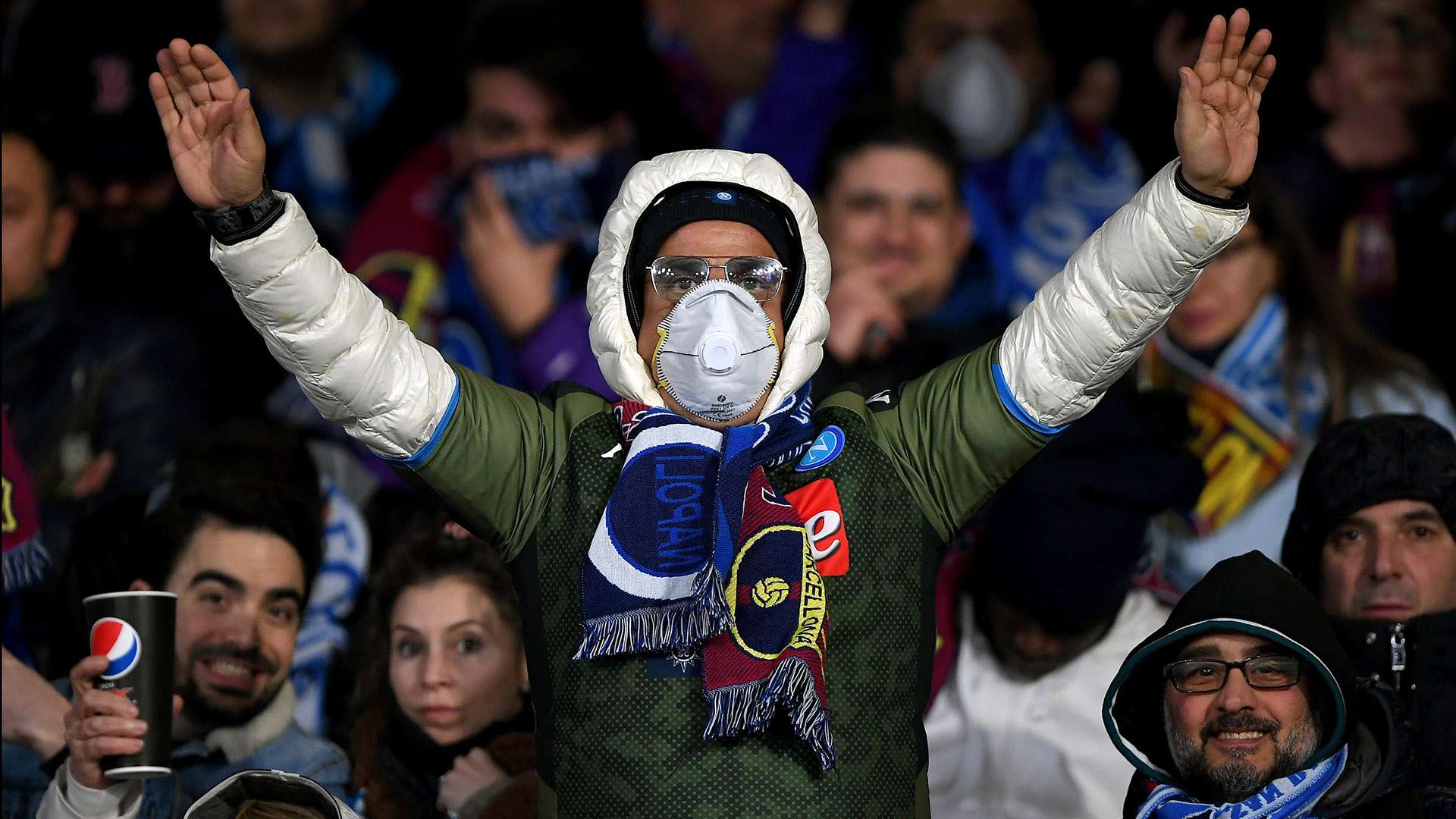"They're all thieves!" roared Domenico Gramazio as he made a beeline for former Juventus player Massimo Mauro.
Bystanders intervened, thankfully, but viewers at home were left astounded by the scenes they were witnessing.
And this wasn't even a football match; this was Italy's parliament, where politicians had been locked in heated debate over the controversial outcome of what was effectively a Serie A title decider between Juventus and Inter in Turin on April 26, 1998.
The Bianconeri had triumphed 1-0 but the visitors had been left enraged by referee Piero Ceccarini's refusal to award them a penalty for what appeared to be a blatant body check by Mark Iuliano on Ronaldo.
Gigi Simoni was dismissed for labelling Ceccarini "shameful" but Gramazio, like many others across the country, wholeheartedly agreed with the enraged Inter boss.
This, after all, was not the first time that Juve, the most successful club in Serie A history, had been involved in a scandal – nor would it be the last.
Indeed, in Italy, the word 'ladri' ('thieves') has become as synonymous with the Bianconeri as 'Scudetto', thanks primarily to the findings of 'Calciopoli', the 2006 refereeing scandal that resulted in Juventus being stripped of two titles and relegated to Serie B.
In trying to physically assault Mauro, though, Gramazio had clearly gone too far. As deputy prime minister Walter Veltroni said of the sorry scenes in parliament, "We are not at a stadium. This is a spectacle that is unworthy, embarrassing and grotesque."
What, then, are we to make of the current controversy surrounding the latest Derby d'Italia? The scheduling of Juventus' monumental clash with Inter has provoked an another unseemly squabble that has once again cast the Italian game in a dreadful light.
While people across the north of the country have been suffering and dying following the outbreak of the Coronavirus, the major players in the footballing world have been taking petty shots at one another over the fixture list, with former Minister for Sport Luca Lotti comparing the clubs to "arguing families in a condo meeting".
Maybe "embarrassing and grotesque" just about covers it.
As anyone who has ever lived in Italy would tell you, stability and sensibility are not exactly staples of the Italian state. So, it has come as little surprise to discover that the country was neither ready for the Coronavirus, nor reacted well to it.
COVID-19 has spread rapidly throughout Lombardia, Veneto and Reggio Emilia, and is expected to move south in the coming days. At the time of writing, there are just under 3,300 cases of people suffering from the virus, with 148 confirmed deaths.

The footballing authorities have not handled the outbreak well. There has been no clear or consistent strategy from either the Italian Football Federation (FIGC) or Lega Serie A, resulting in contradictions and confusion.
Some games were suspended (Inter-Sampdoria); others were played behind closed doors (Inter-Ludogorets). Atalanta fans were banned from attending matches in their own stadium for fear of increasing the spread of the disease in Bergamo, yet allowed to travel to Lecce last weekend.
In midweek, both Coppa Italia semi-final second legs were cleared to be played without any fans but then cancelled 24 hours beforehand. The situation is changing every day and the authorities seem to be making it up as they go along.
Even at under-age level in Reggio Emilia, matches have been called off yet kids have been allowed to continue training provided they remain at least a metre apart – a ludicrous concept.
So, in general, it's been a mess – yet the biggest controversy centred upon Italy's biggest game.
Reigning champions Juventus had been initially down to host third-placed Inter on Sunday, March 1, but after much debate on the effects of the Coronavirus, the game was postponed to a later date.
The Bianconeri promptly claimed that they were willing to play the game 24 hours later but that Inter refused. The Nerazzurri immediately bit back.
"Playing Juve-Inter tonight was impracticable, almost provocative hypothesis," Inter CEO Beppe Marotta told La Repubblica. "First of all, we would have gone against the logic of protecting the public health. I don’t think that the Coronavirus alarm would have stopped within 24 hours.
"Secondly, because the stadium would’ve only been open to Juventus fans and this would have created further controversy.
"Thirdly, because we would have to postpone Juve-Milan of the Coppa Italia to Thursday, overlapping it with Napoli-Inter. At that point, we would have had the grievances of Rai, who are paying money for the TV rights."
This latter reason highlighted the fact that there are many stakeholders in Serie A, all with their own interests.
Arguably, the most unfortunate consequence of Calciopoli was that it seemingly legitimised every single conspiracy theory ever thrown at Italian football.
The refereeing scandal was viewed as evidence that the whole game was rigged and that paranoia has only intensified in the era of social media.
So, it is hardly surprising that during the past week alone there have been allegations that Juve were putting profits ahead of people by pushing for the Derby d'Italia to be played on Monday so as to avoid losing out on gate receipts from playing the game in front of a full crowd.
There were constant cries of 'campionato falsato' ('falsified championship') – and not just from irate Inter fans either.
Many clubs were enraged by the new, 'distorted' nature of the fixture list, while Brescia president Massimo Cellino was among those annoyed by the authorities allegedly treating the Derby d'Italia with greater importance than any other fixture.
 Getty
Getty
"What mortifies me is that there are 20 teams in Serie A, not just two," he told The Politics in the Ball.
“If you continue to work for only two teams the problem becomes very serious. I was told we couldn’t transmit Juve-Inter behind closed doors because we would’ve given the message that Italy had a problem.
“However, if the problem is there, it’s futile to hide it. Everyone looks at their own interests, but if we all only think about our own problems, with malice, then the real problem isn’t addressed."
For once, it was difficult to disagree with Cellino, as the failure to tackle the "real problem" was only creating others, not least the spread of conspiracy theories, with some focusing on the fact that the original plan to push the Derby d'Italia back to May would have further complicated Inter's already hectic schedule.
Nerazzurri president Steven Zhang certainly isn't happy with how the whole affair has been managed by his counterpart at Lega Serie A, Paolo Dal Pino.
In an attack that bemused his fellow Serie A presidents and is now likely to result in legal action, the Chinese businessman took to Instagram to accuse Dal Pino of "playing around the calendar and always putting the public health as secondary consideration. You are probably the biggest and darkest clown I have ever seen.
“24 hours? 48 hours? 7 days? And what else? What’s your next step?"
And for a long time, we didn't know.
Remarkably, more than 24 hours after the government took the sensible option of decreeing that all games be played behind closed doors until April 3, the Lega had yet to confirm the fixture list for the coming weekend.
Confirmation that Juventus would be playing Inter only arrived on Thursday afternoon, only adding to the sense of frustration among the clubs, with Udinese director Pierpaolo Marino arguing that "We don't seem to realise that we are on the same track as an apocalyptic movie!"
Of course, given the game will be played behind closed doors, the fans are no longer a factor – but then one could argue that the public haven't been a big enough consideration throughout this whole sorry affair.
They've been once again left astounded by the pathetic bickering over a football game by people that are meant to know better.
There are lives at stake this time around, though – not just points.
Maybe "embarrassing and grotesque" doesn't quite cover it after all.




